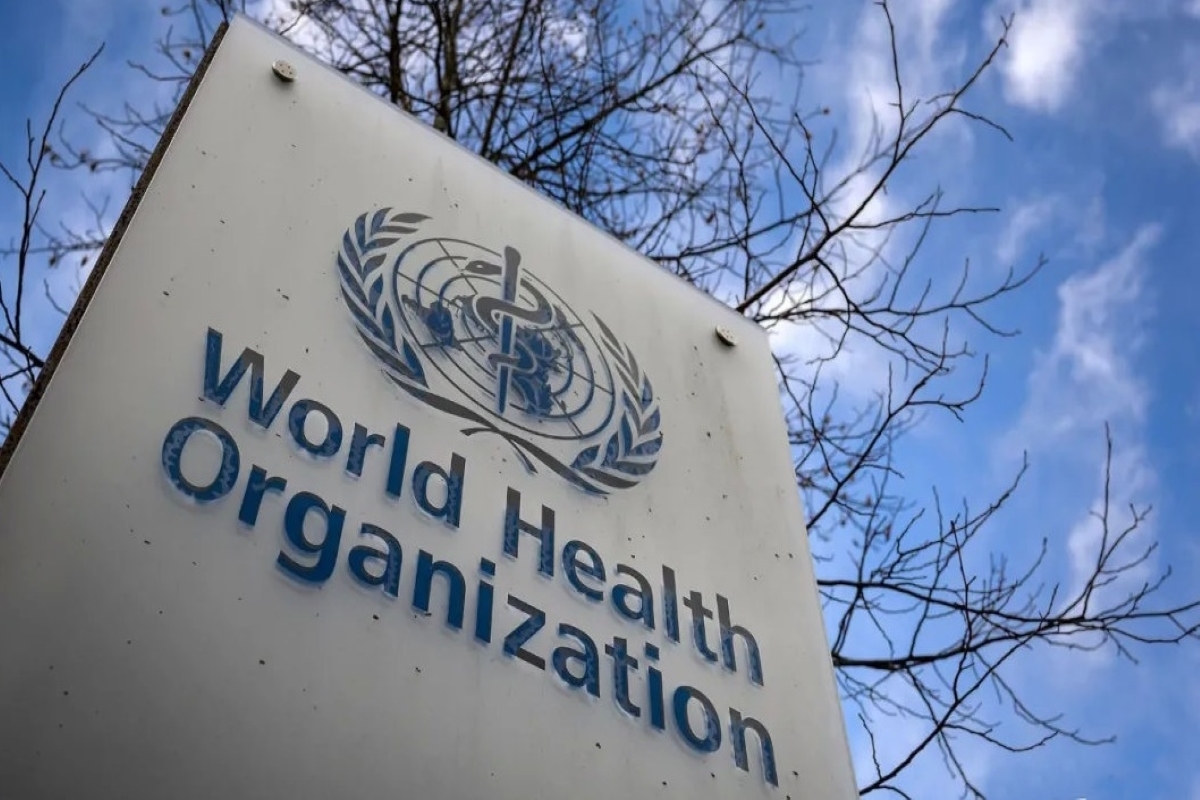There is currently a silver lining to the frightful spread of Omicron, a variant of Covid-19. Indeed, the pandemic that has convulsed the world for two years is said to be entering a new phase.
According to the World Health Organisation, the rapid spread of the Omicron variant offers what it calls “plausible hope” for a return to normalcy in the months ahead. This reinforces the initial prognosis that Omicron is not as lethal as earlier variants of Covid-19. And yet, going by the warning advanced by Dr Hans Kluge, the director of WHO’s European region, it is as yet “too early for nations to drop their guard”. This is particularly relevant for regions, notably in India, where the rural populace is generally averse to vaccination. But between vaccination and natural immunity through infection, “Omicron offers plausible hope for stabilization and normalization”.
Advertisement
Dr Kluge’s comments have echoed the optimism of leading public health officials around the world, preeminently Dr Anthony Fauci, President Biden’s top medical adviser for the coronavirus. Particularly close to the bone was his statement on Sunday to the effect that “there would be pain in the weeks ahead”, especially as Omicron moves through the unvaccinated.
The hope is that the continued spread of Omicron “will not disrupt society to the same degree as other variants of coronavirus have done over the past two years”. Kluge’s statement is a similar mix of caution and optimism. “The pandemic,” he said, “is far from over. But I am hopeful we can end the emergency phase in 2022 itself. And address other health threats that urgently require our attention.”
Not wholly unrelated is the British Prime Minister, Boris Johnson’s announcement that fully vaccinated travellers entering Britain will soon be exempt from Covid test requirements. The daily Omicron variant data is “getting better” and it is “time for the country to be more open for travellers”. While the Omicron figures are starting to get better, he wondered “what we’re are doing on travel to show that this country is open for business, open for travel, you will see changes so that people no longer have to take tests if they have been vaccinated, if they have been double vaccinated”. Fully vaccinated travellers currently need to do a lateral flow or PCR test within two days of their arrival in Britain.
The pre-arrival test requirement was done away with earlier this week. Scotland, Wales and Northern Ireland usually adopt similar rules on travel. At another remove and two weeks before the winter Olympics, a fairly large number of Covid-19 cases have prompted the authorities to test two million residents of a district in China and even impose fresh restrictions. Happily though, the city of Xi’an in northcentral China has lifted the month-long lockdown that had isolated its 13 million residents.











